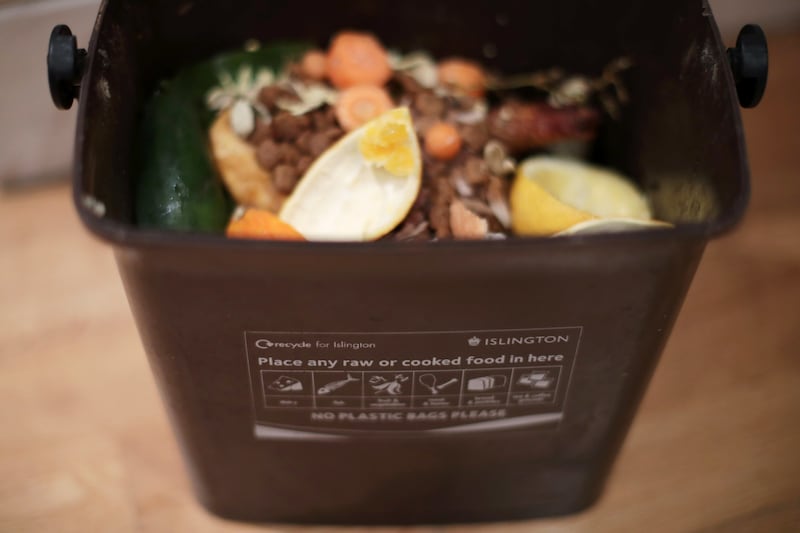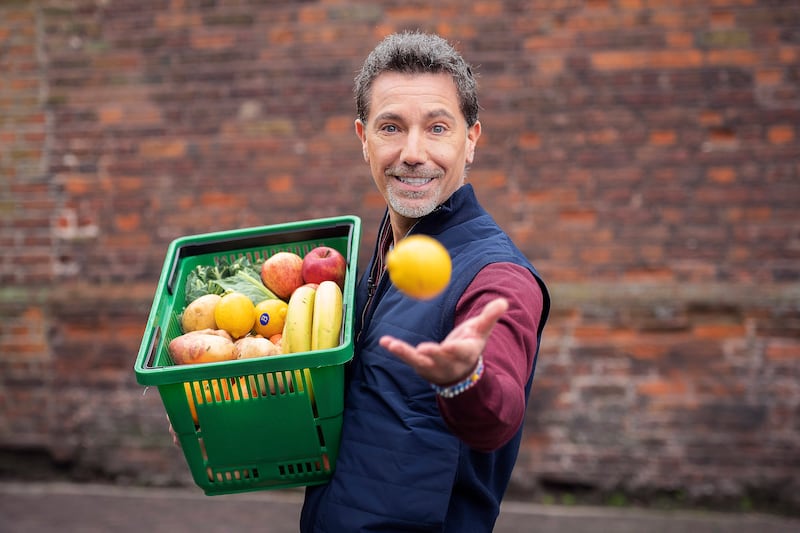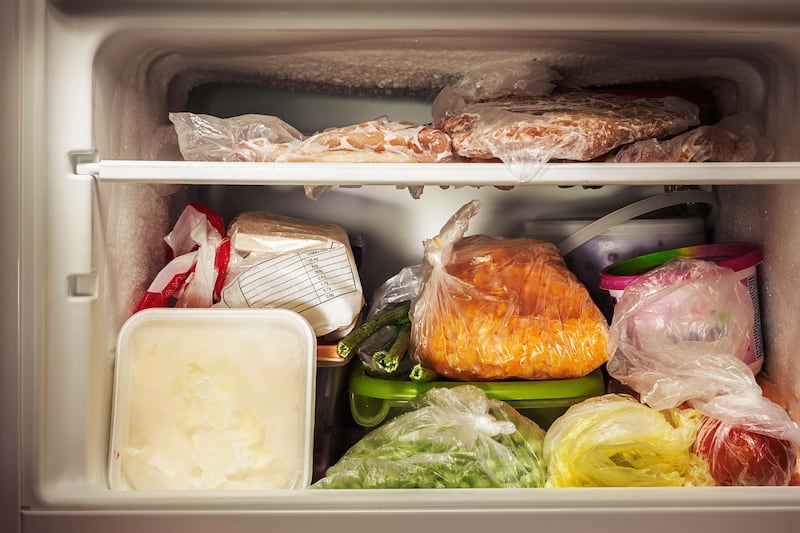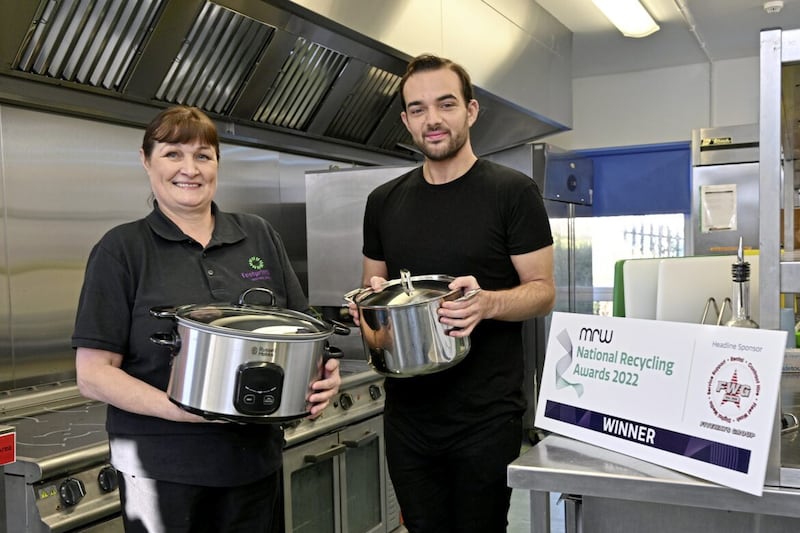THE UK currently wastes 10.2 million tonnes of food a year – it's a shocking stat, and we're all a little bit responsible.
According to the Department for Environment, Food and Rural Affairs (Defra), 1.8 million tonnes of that waste comes from food manufacture, one million from the hospitality sector, 260,000 from retail, and the rest from households – but hopefully things are changing.
The likes of Nestle, Tesco, Sainsbury's and Waitrose are pledging to help halve food waste by 2030, as part of the Step Up To The Plate symposium at the Victoria and Albert Museum in central London, ministers have announced.
Want to take on the challenge, and cut your contributions towards climate change too? Here are some steps to take at home, to reduce your household's food waste...
1. Buy what you need
If a recipe you're planning on making only requires one red pepper, avoid buying the multipack – even if it works out cheaper – if you know you're unlikely to eat the rest.
2. Save all your leftover pasta
Chuck odds and ends of spaghetti and fusilli in together, for a medley that can be thrown in with a sauce, or into soup.
3. Grate cheese and freeze
Preempt mouldy ends of cheese by grating the lot and freezing for a later date, when mac and cheese, lasagne or cheese on toast is needed. In fact, most dairy freezes brilliantly – especially milk and hard cheese.
4. Pickle and preserve
Got a glut of tomatoes, cucumber, cabbage etc? Pickling veggies, or making chutneys, is a great way to use them up, and store them for later use.
5. Eat the skins
Opt for skin-on chips, roast carrots and parsnips with the skins on, and even beetroot skin is more than edible – it'll save you time not having to peel 'em too.
6. Keep an eye on use-by dates
Whether in the fridge, or if you're bulk shopping, freeze things immediately if you know you're not going to get round to eating them in time to beat their use by date.
7. Use your nose
The best before date is a guideline, use your nose – if something smells OK and looks OK to eat, it probably is. However, use-by dates ought to be abided by.
8. Buy the ugly fruit and veg
The wonky veg is most often the kind that ends up in landfill – rescue it, it'll taste just as good as the aesthetically beautiful stuff.
9. Plan meals ahead, and think about how you could reuse leftovers
If you have a meal plan for the week, it'll cut down on your fridge filling with random bits of food without a job to do. Also, if you know what you've got in, you'll be able to work out what to do with leftovers too.
10. Keep your fridge tidy
If you can see what you've got, use-by dates will be easier to access, and you'll avoid ending up with a salad drawer of green, decaying mush.
11. Make soups, stocks and smoothies
All three can use up tonnes of leftover veggies and fruit on the turn, plus they freeze really well.
12. Compost
If all else fails, everything except meat, fish and dairy can go straight in the compost, so any nutrients can return to the soil.








